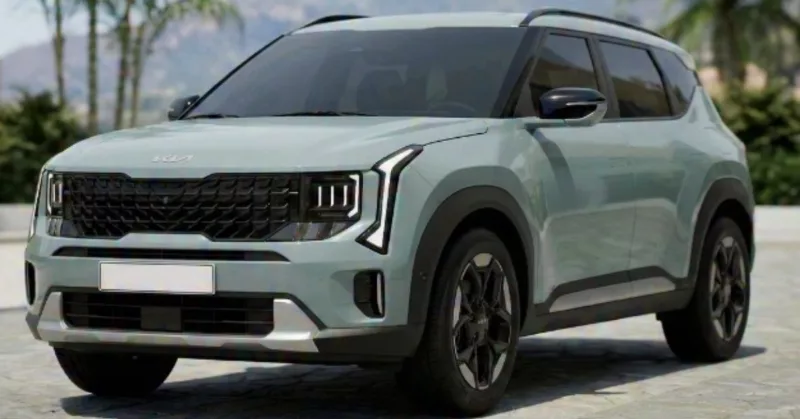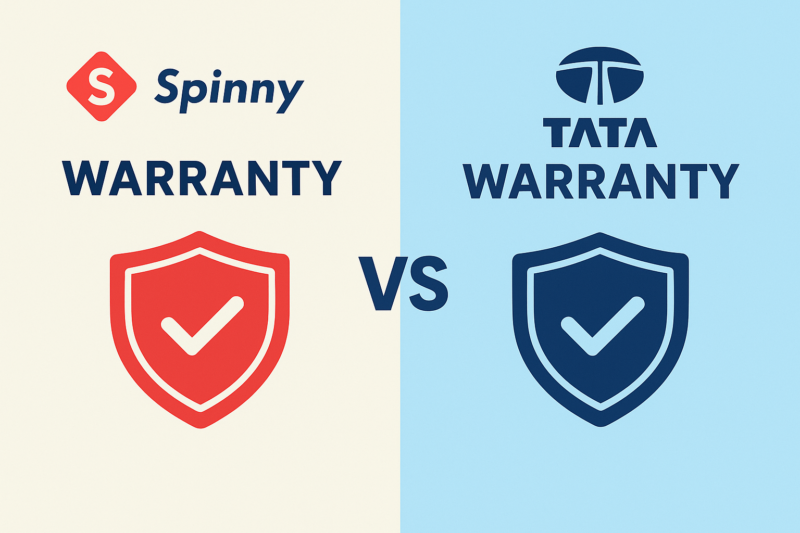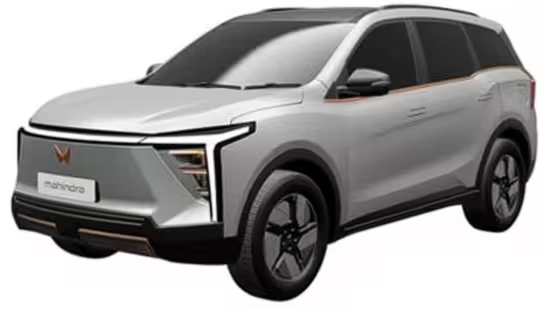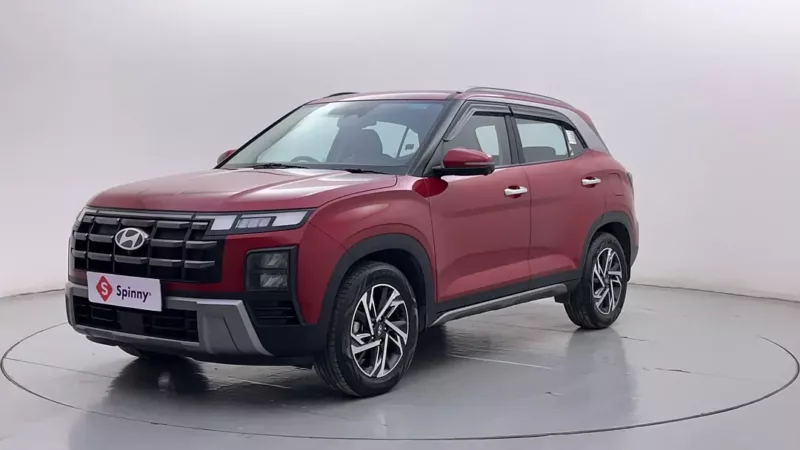Volkswagen, one of the most famous car brands in the global automotive industry, is synonymous with quality and performance in most of the markets it exists in. In India, however, it has had its fair share of struggles in the Indian market since it entered India in the late 2000s. However, in recent years, the company has been re-evaluating its strategy and repositioning itself to make a stronger impact in the world’s fourth-largest automobile market. With its ‘India 2.0’ strategy, Volkswagen aims to carve a more prominent niche for itself in India. This article delves into the past mistakes, the current strategy, and the future prospects for the Volkswagen group in India.
What went wrong with Volkswagen’s first innings in India?
Volkswagen’s initial foray into the Indian market was marked by ambitious plans but limited success. The company entered India as the Volkswagen Group with the Skoda brand, providing premium European cars to Indian consumers. As a brand, Volkswagen started with their premium line of cars like the Passat, the Touareg, the Phaeton, and the Jetta, before following up with more famous models like the Polo and the Vento. Out of the models just mentioned, only the Polo and the Vento managed to lure the customers with their price, superior build quality and engineering finesse.

However, despite the initial enthusiasm and the positive aspects of their cars, Volkswagen faced several significant challenges. Both Volkswagen and Skoda vehicles were perceived as expensive, despite being capable, in a price-sensitive market like India. While their quality and performance justified the price, the Indian consumer often preferred more affordable options, which were abundant. The cost of maintaining a VW or a Skoda car was relatively higher than that of competitors, especially the Japanese and Koreans, and the lack of a widespread service network often left customers frustrated.
The limited model line-up and higher costs combined to reduce the mass appeal of Volkswagen’s cars in India. The infamous ‘Dieselgate’ scandal, which erupted in 2015, also put the company on a back foot and affected customer trust. All these things taken together resulted in a modest market share despite having cars that were technically ‘superior’ than others, and the brand failed to achieve the same success it enjoyed in other parts of the world.
What is Volkswagen’s India 2.0 strategy focused on?
Volkswagen’s ‘India 2.0’ strategy was formulated with the aim of addressing the shortcomings of its first innings in the Indian market, and establishing a stronger foothold. The strategy, unveiled in 2018, focuses on several key aspects. One of the primary objectives of the India 2.0 strategy is to increase localisation significantly to reduce manufacturing costs and, in turn, offer more competitive pricing to Indian consumers. It also helps in adapting products to local preferences. This also meant staying away from segments that already had cars that were impossible to compete with in terms of sales and market share.

Instead the Volkswagen Group focused on the dormant sedan and highly competitive SUV segments to make its presence felt. By focusing on delivering a premium experience, Volkswagen aimed to address the issue of limited options and broaden the appeal of the brand. The company also vowed to improve the quality and after sales service of its vehicles. This was crucial to win back customers who had been deterred by high maintenance costs and limited service availability. As an important part of the India 2.0 plan, Volkswagen joined hands with sister brand Skoda to bring synergies in areas like technology sharing and product development, which can lead to cost savings and more competitive offerings.
The Volkswagen Group has also emphasised digitalisation and connectivity in its new models, in sync with the growing trend in the global automotive industry. Enhanced connectivity features are bound to attract tech-savvy Indian consumers. And most importantly, the company is actively working on rebranding its image in India, emphasising its commitment to the Indian market and a better understanding of local values and aspirations. Offering vehicles that are loaded with features, offer maximum safety to its occupants, connect at an emotional level without burning a hole in the customer’s pocket is a perfect recipe for any carmaker to make it big in India.
How Volkswagen’s India 2.0 plan is a step in the right direction
The India 2.0 strategy appears to be a significant step in the right direction for the VW group. By localising the production and sourcing, Volkswagen can significantly reduce costs. This is a critical step in making their cars more affordable and competitive in a price-sensitive market like India without compromising on its values. With an expanded product portfolio, Volkswagen aims to cater to a broader spectrum of consumers. This is crucial as it allows them to address different segments of the market and diversify their offerings without having a vehicle in every possible segment.
VW and Skoda cars were never bad cars. They just failed to strike the right chord with the Indian audience either due to high prices or lack of emotional connect. With times changing, more customers are understanding the importance of other aspects like technology and safety, and they don’t mind spending a bit extra for those features. By enhancing the quality of their cars and improving service availability, Volkswagen can regain customer trust and satisfaction by providing a much better value for money. This, in turn, can lead to higher customer retention and word-of-mouth referrals.
The collaboration with Skoda brings the benefit of shared resources, research, and development, which can be more cost-effective than doing everything all alone. This partnership can lead to more innovative and competitive products. With the increasing digitalisation of the automotive sector, Volkswagen’s focus on connectivity and tech features in their cars can be a significant differentiator in the Indian market. Consumers are increasingly valuing such features, especially in the post-COVID-19 world. The new marketing strategy also seems to be helping Volkswagen by adapting to the nuances of the Indian market. A more localised and culturally resonant approach can help in connecting with Indian consumers on a deeper level.
How does the future of Volkswagen India look like?
Pretty good as of now.
As Volkswagen’s India 2.0 strategy unfolds, the future seems promising, but it’s not without its challenges and competition. With each day passing, the market is expanding. The Indian automotive market is highly competitive with both domestic and international players. In order to have a sizable share of the Indian automotive industry cake, Volkswagen will have to compete with established brands like Maruti Suzuki, Hyundai, Tata, and newer entrants like Kia and MG that are also making a mark. Considering the technical prowess VW enjoys over many other carmakers, it will be slightly easier for them to adapt with policies and regulations that are changing more frequently these days. This includes changes related to emissions, safety standards, and import regulations among many others.

As we all know, Indian consumers have diverse preferences. While some prefer compact, budget-friendly cars, others opt for larger, premium vehicles. Volkswagen must continue to diversify its portfolio to cater to this broad spectrum of tastes, but only after considering what’s feasible and what’s not. Yes, an average Indian consumer is becoming more aware with the advancement of technology, and expects high-quality vehicles with advanced features. Meeting these expectations while keeping costs competitive is a magic trick VW needs to master to make sure that the same mistakes are not repeated this time.
From a net profit of Rs. 208.34 crore in FY22, the company posted a 48.6% rise in FY23 at Rs. 309.5 crore. This shows that the German giant is doing things right, and is on the right path to resurrection. Keeping up with time, VW also intends to launch an all-electric vehicle in India sometime in 2024. Considering the EV (electric vehicle) market in India is still at a very nascent stage, this car will be launched as a CBU and will be priced significantly higher than many other EVs we see on the roads these days. As of now, VW sells two SUVs – The Tiguan and the Taigun – and a sedan – the Virtus – in the Indian market. Skoda is doing the same with the Slavia, the Kushaq, and the Kodiaq. Is it a bad thing? We don’t think so. This means that the group is focusing on its strengths and that makes total sense.
Conclusion
In conclusion, Volkswagen’s India 2.0 strategy represents a well-thought-out attempt to correct the mistakes of its initial innings in the Indian market. By localising production, expanding the product range, enhancing quality and service, forming strategic partnerships, and focusing on digitalisation and marketing, Volkswagen aims to regain a strong foothold in India. However, the success of this strategy will depend on Volkswagen’s ability to adapt to the rapidly changing Indian automotive landscape and to deliver what Indian consumers want. The road ahead is challenging, but with the right approach, Volkswagen has the potential to make a significant impact in India’s automobile industry.



